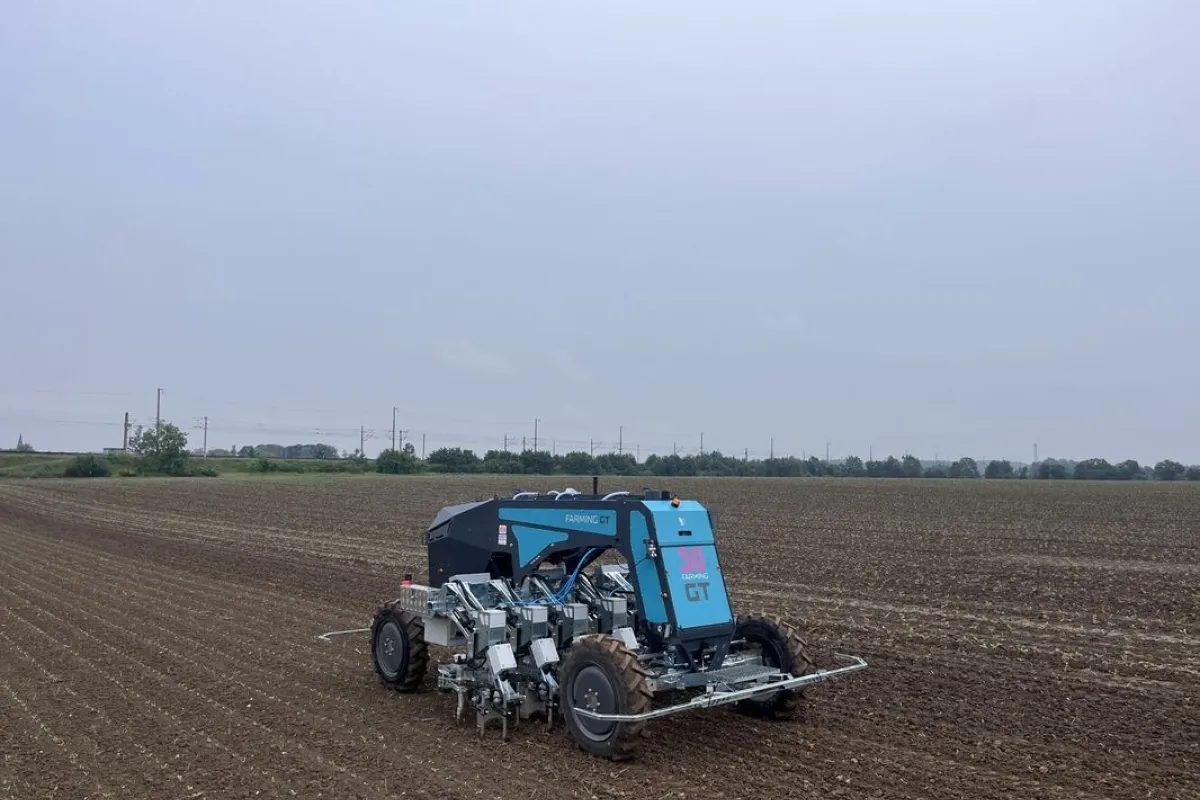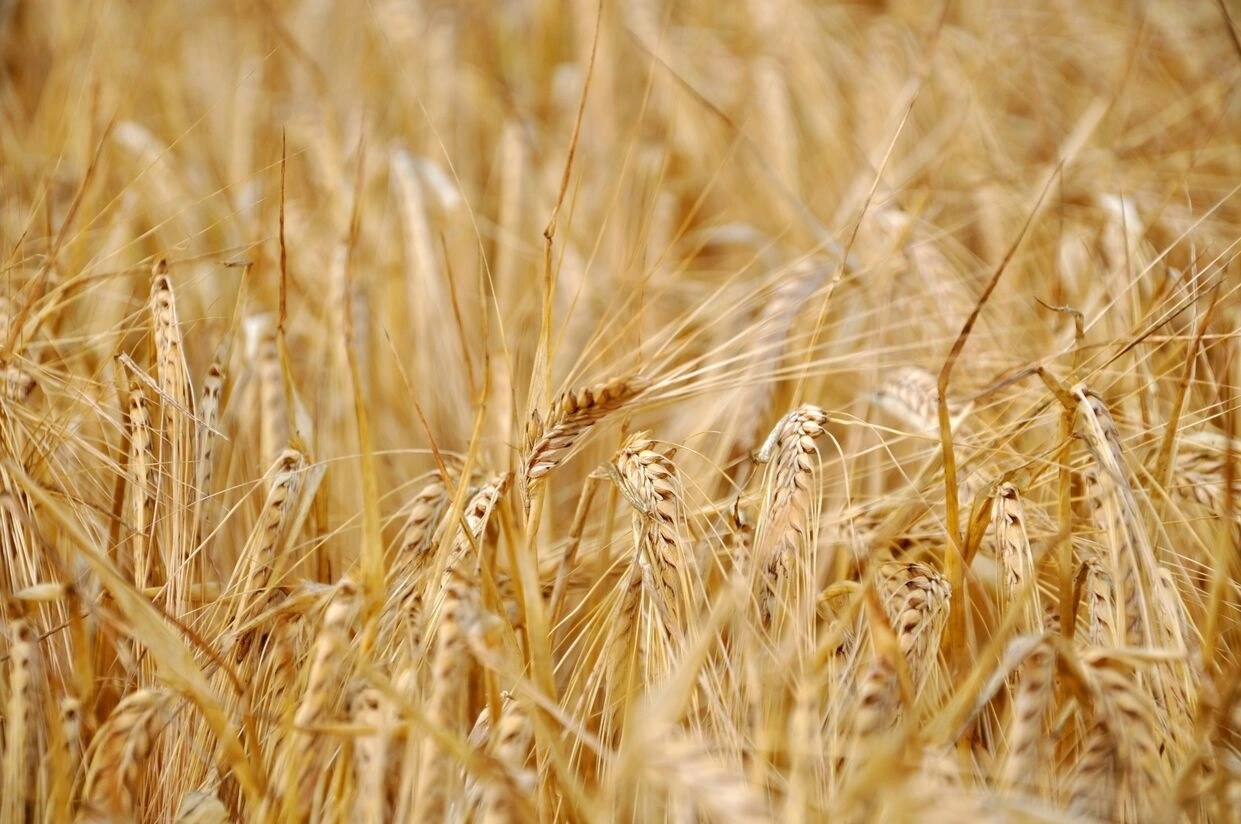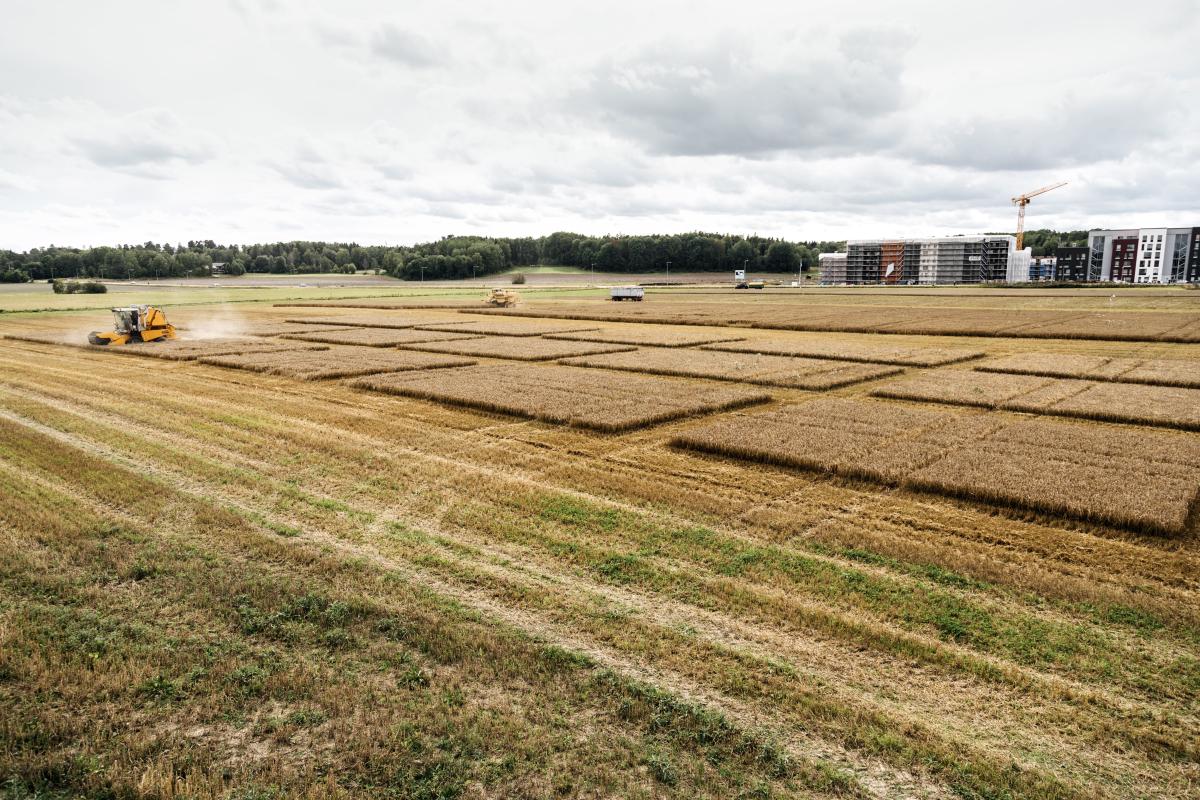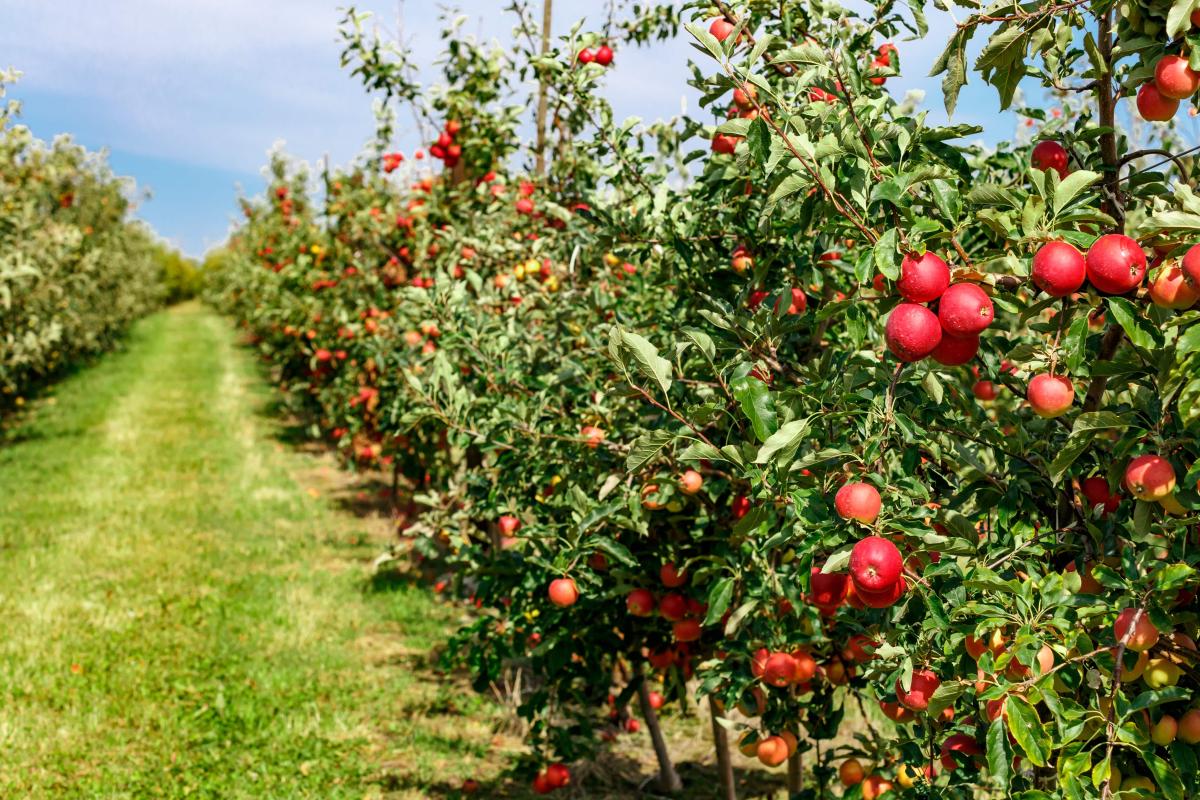
Overview
This service provides a comprehensive assessment of the performance of systems, focusing on sustainability indicators such as energy consumption and input usage per hectare. It evaluates the impact of artificial intelligence (AI) or robotic solutions on the performance and sustainability of the associated equipment. The service includes tests such as functional testing, accelerated durability testing, and assessments of the system’s resilience to environmental factors and electromagnetic interference (EMI). By identifying potential design flaws or manufacturing defects, the service supports the development and optimisation of tested solutions, contributing to sustainable technological advancements.
More about the service
After completing the service, customers gain access to a comprehensive report detailing the methodology, test results, and specific recommendations for enhancing the tested system’s design or functionality. This ensures that the solutions can be optimised to perform better under real-world conditions, reducing operational risks and enhancing reliability. Workshops and additional guidance are available to support the implementation of improvements, ensuring the customer achieves tangible benefits from the service.
The customer provides a functional prototype or research model of the solution, along with detailed technical documentation and a description of the technology to be validated. This includes relevant parameters, metrics, and limit ranges. Based on the provided information, a comprehensive analysis is performed to identify critical points in the technology.
A detailed plan is then developed, defining the scope, methodology, and schedule of activities, which is reviewed and approved by the customer before testing begins. The service includes physical tests to measure key parameters such as:
• Input usage per hectare (e.g., fuel, fertilizers, herbicides)
• Effectiveness and productivity per hectare
• Resilience to environmental factors like impact, vibration, and extreme temperatures
• Susceptibility to electromagnetic interference (EMI)
These tests are carried out using specialized equipment and methodologies, ensuring precision and reliability. Data collected during the tests is analyzed in detail to validate the technological process and the system's performance. Results are delivered in a concise report, including the methodology, test cases, and recommendations for optimization.
If requested, additional post-test support is provided, such as workshops to discuss results and guidance on implementing suggested improvements. The service is flexible and tailored to the client’s specific needs, ensuring professionalism and commitment throughout the process.
A fully functional prototype and technical documentation are essential for service execution.Key limitations include prototype size and weight constraints, prior resource reservations, and potential risks during endurance testing. All client information is handled confidentially, with the option to sign an NDA. Timeframes and costs are determined individually, ensuring flexibility and professional support at every stage.


